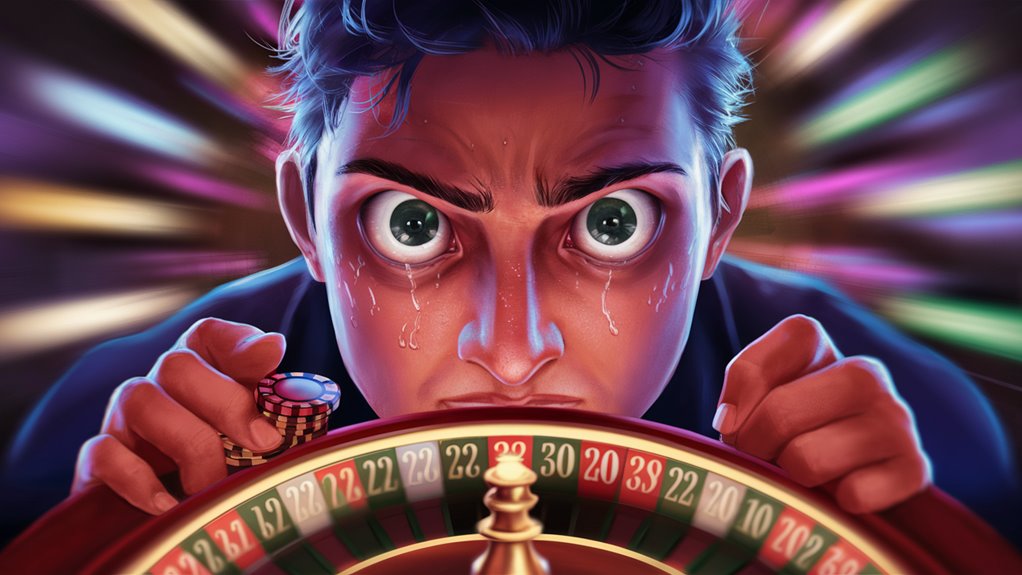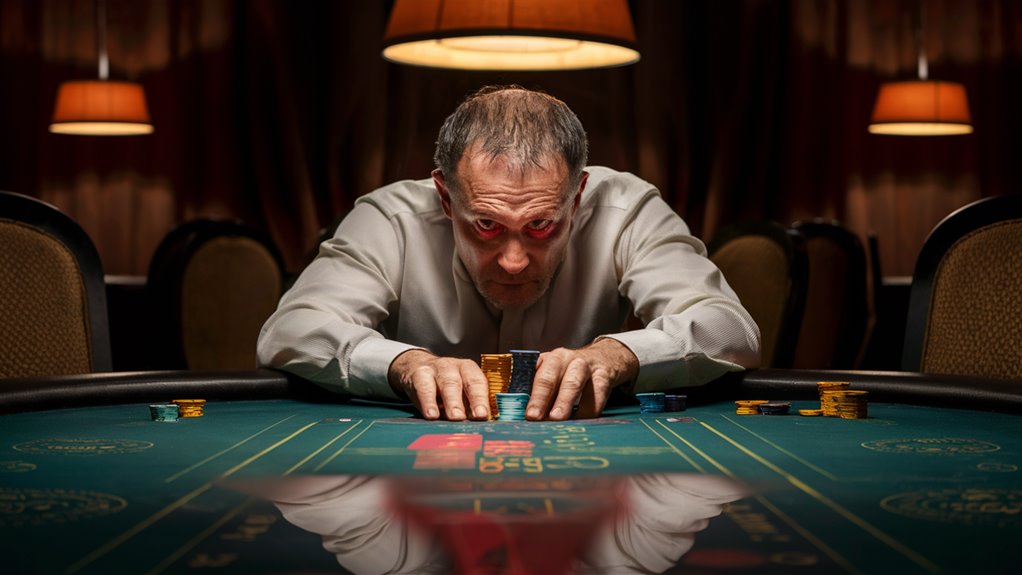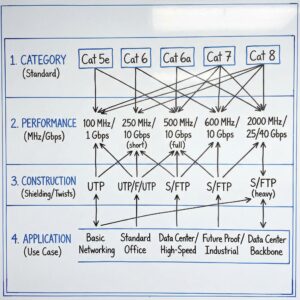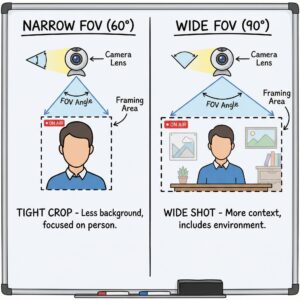
The Draw of Gambling: Why People Keep Coming Back

The Brain’s Role in Gambling’s Appeal
The deep pull of gambling starts right in our brains, making us feel strong urges to keep going. The brain’s joy spot is key, lighting up dopamine not just when we win, but also when we’re about to bet. Near wins set off brain tingles similar 토토사이트 순위 to real wins, making us want to play more.
Thought Twists and Mental Pulls
Thought twists shape our gambling ways, making us believe in skills and luck wrongly. Gamblers often think they have false control and see patterns in random events. Such mind tricks, paired with strong brain tingles, fog our clear thinking.
Group and World Influences
Cultural beliefs about luck heavily affect our gambling, and support from groups like friends and game places add to the appeal. Mixing global pulls with personal thoughts keeps gambling habits strong.
Beating the Urge: More Than Just Trying Hard
Understanding the roots of gambling addiction explains why just trying hard doesn’t often set us free. The net of brain tingles, mental habits, and group influences requires a broad plan that tackles all aspects of addiction together.
The Lure of Chasing Losses
Chasing lost bets fuels a lot of gambling, creating a bad loop where players try to get back what they’ve lost by betting more. Mixed with escaping reality, this forms deep habits that need professional help to break.
The Brain’s Joy Center
Inside the Brain’s Happy Spot in Gambling
Brain Chemical Mix for Pleasure
Three key brain chemicals make up the brain’s happy spot during bets: dopamine, serotonin, and norepinephrine. These chemicals mix to trigger strong mental tingles linked to gambling actions. Dopamine makes betting fun, while serotonin keeps moods stable and affects choices. Norepinephrine sharpens focus during bets.
Brain Excitement Patterns in Gambling
The brain’s joy path fires up mostly while waiting for results, not just at the win moment. The joy hub, a crucial happy spot, reacts to near-wins just like real wins. This brain excitement pattern keeps gambling ongoing, regardless of actual outcomes.
Mind Tricks and Addiction Risk
The brain struggles to separate chance from skill in betting games. Random wins, with their unpredictable reward times, stir up more dopamine than steady wins. This excitement reinforces brain pathways, triggers a false control feeling, and deepens gambling’s pull. Rare big wins ignite stronger brain chemicals than small sure wins, keeping players betting more despite frequent losses.
The Almost-Wins Appeal
The Draw of Near-Wins in Gambling
The Mind Game of Nearly Winning
The almost-win strongly tugs at gamblers’ minds, directly activating the brain’s pleasure pathways. When players get near-wins – like two similar symbols – the brain reacts as if it’s a win. Brain scans show these close attempts trigger dopamine as real wins do.
Thought Twists and Player Actions
Near-wins cause major thought twists in gamblers’ minds. These close attempts urge more betting as players view them as signs of improvement, not just luck. This mistaken belief makes them think a win is coming soon after near-wins, though each game is independent.
Smart Design in Gaming Machines
Today’s gaming machines are designed with smart near-win settings to keep players hooked. Tests reveal that gaming devices often program near-win events to occur about 30% of the time – a calculated rate that keeps hope high but appears fair. This clever setup keeps players hopeful and playing longer with well-timed near-wins.
Key Action Points
- Dopamine reactions mimic real wins
- Joy pathway excitement during near-wins
- Keeping players engaged with set near-win rates
- Mind warps in decision-making
- Extended play times through thoughtful design
Escaping Through Games
Escaping Through Games: Addressing Game Addiction and Mental Escape

The Mind Game of Gaming Escape
Escaping real life through games is a powerful force behind problematic gaming habits. Players often turn to digital worlds to handle mental health issues like sadness, anxiety, and stress. Modern games craft worlds meant to pull us away, offering a brief escape from real-life challenges.
Patterns of Game Addiction
Escape gaming appears different from goal-driven play styles. While some gamers chase wins, those focused on escape seek feeling detached or distant. These players choose easy games, mostly mobile or casual games that allow long, mindless play.
The Brain Impact
The cycle of game escape is risky as it keeps itself going. As players use games more to avoid life problems, their real issues often worsen, creating a harmful loop. The brain’s joy paths shift, reducing pleasure from normal activities. This brain change shows why many escape gamers struggle to stop their gaming habits, even when life gets tough.
Breaking the Cycle
Solution plans need to address both hidden mental pulls and established brain pathways. Effective help combines professional support, life adjustments, and gradual shifts to other enjoyable activities. Understanding the effectiveness of these approaches is crucial for targeted solution plans for game-related escapes.
Group and Global Influences
Group and Global Influences on Gambling Actions
Global Practices and Group Norms
Global practices and group norms shape gambling actions worldwide. In places where betting is a big part of family gatherings and big events, it’s seen as an acceptable group activity. This strong connection sets clear gambling trends and acceptable levels in different areas.
Friends’ Influence and Group Networks
Friends play a significant role in starting and maintaining gambling habits. Studies indicate that people with gamblers in their circles bet much more. The rise of online platforms and social media amplifies these effects, creating online groups where gambling wins receive a lot of attention and praise.
Global Beliefs and Gambling Actions
Traditional beliefs about luck and fate influence how we gamble in different areas. Cultures view gambling in their unique ways – some see it as a divine test or a sign of fortune, others as a skill challenge. These deep global beliefs shape our feelings about risk, how often we gamble, and trends in problematic gambling.
The Web’s Influence and Technology
The expansion of online betting platforms has transformed traditional gambling venues, creating new ways to connect and share culture. Online communities now promote gambling behavior, while social media increases the visibility and ease of gambling actions, changing how cultures perceive and engage in gambling activities.
The Allure of Chasing Losses
The Allure of Chasing Losses in Gambling: Causes, Patterns, and Dangers
The Mind Game of Chasing Losses
Chasing losses is one of the riskiest gambling behaviors, where players can’t stop trying to recover money they’ve lost by betting more. This harmful gambling habit stems from deep thought twists and emotions, mainly the mental block against seeing money losses as truly gone.
Main Drivers Behind Chasing Losses
Mind Tricks
- Sunk cost fallacy pushes us to stay in losing bets
- Gambler’s fallacy maintains incorrect views on chance
- Stress chemicals cloud clear thinking
- Poor self-control makes stopping desires difficult
How We Behave
The cycle of problem gambling worsens through its own feedback loop. As lost money accumulates, so does distress, leading us to bet even less rationally. Studies indicate that problem gamblers chase losses far more than recreational players, increasing bet sizes and playing time, desperately trying to change their luck.
Impact and Risk Factors
Chasing losses leads to severe issues through: Slot Machines: The Science Behind Their Popularity and Success
- Rapid money loss
- Worsened emotional stability
- Diminished decision-making power
- Increased risk of gambling addiction
Recognizing these patterns is essential to identify and intervene in problem gambling behaviors before they devastate lives and finances.



